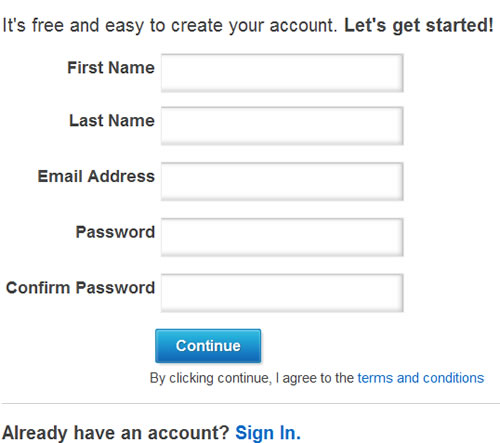Never use your Password for email in Websites
Sometimes we receive emails from friends, family or business that we can blatantly see has not been initiated or intentionally sent from them. So, why or how does this happen!? More often than not, this is caused by a hack of their account, whether it be a hotmail, outlook, yahoo, btinternet or other online email service. A hack can be commonly caused by a person simply logging in to your account and sending spam emails out because they have obtained your user name and password by some means.

Never use the same password in websites as your email account
Email Accounts
It’s a standard thing now that we nearly all have an email account, if not just one, numerous. Perhaps only a small percentage of the population does not have one… anyway… It’s important that when we decide to set up an email account that we select a secure password (yes… this is obvious), but what is not so obvious is that when you have your said email account and password, NEVER use the same password you have for your email account into any websites that you register yourself for.
How does my password get found out
This is not for certain, but the way your password may have been found out could be either a form of malware that has been installed on your machine such as key logging software or possibly that the website you registered with was somehow compromised and this data was collected and used to log in to your email account. HENCE, why, you should keep your password for your email account exclusive.
What should I do if my email account has been hacked?
The first thing to do is to log on to your email account, Yahoo, Hotmail, Outlook, BT-Internet or Gmail etc and change your password. Make this Password secure, unique and exclusive. Make sure you use characters, numbers and/or capitals etc.
What else can I do to keep me safe?
Another good thing to do is to have a separate email account for important and personal things such as Paypal, Online Banking etc, that way when you get unscrupulous emails pretending to be organisations to reset passwords etc, you know they are fake as your email account does not relate to such an organisation.
Anyway, we can limit the risk to fraud, identity theft or account theft is good. Other ideas warmly welcomed.

